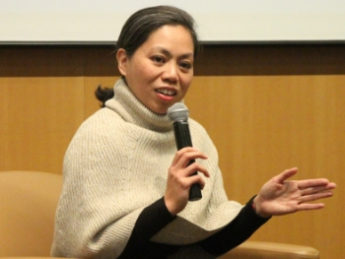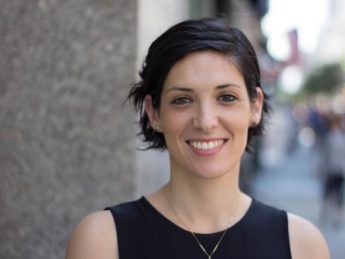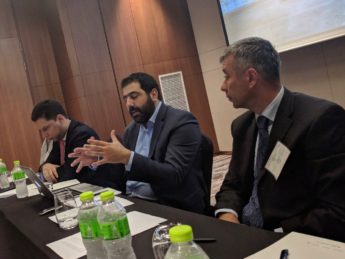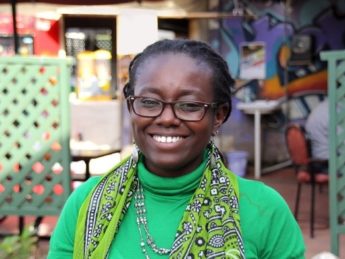Strengthening Civic Engagement
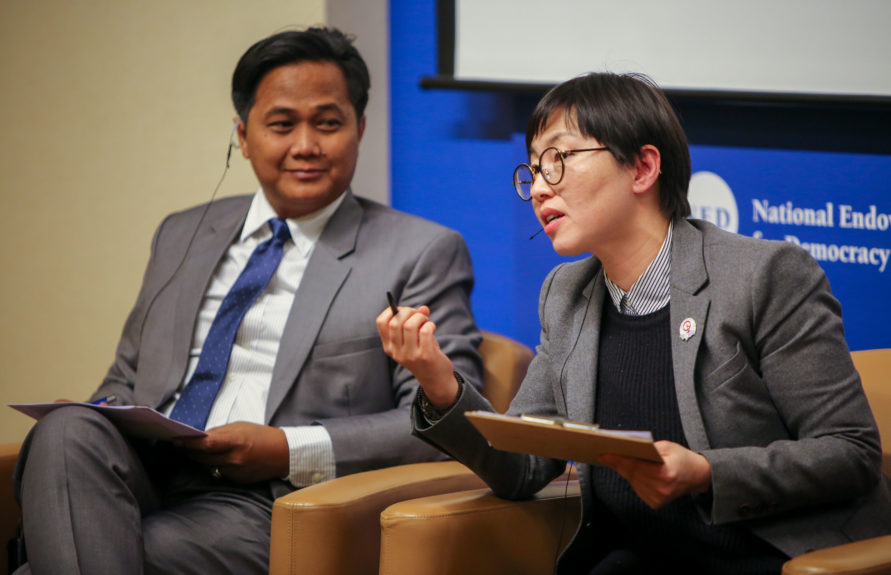
Over the course of two years (2016-17), South Korean citizens flooded the streets to call for greater governmental accountability. The “Candlelight Movement,” as it would later be called, revitalized many citizens’ interest in politics and civic engagement.
As civil society leaders around the world consider how to foster sustainable democratic change, the World Movement sought to learn from South Korea’s recent experience. In partnership with the Korea Foundation, the World Movement hosted a series of discussions in Washington, DC; Seoul, South Korea; and Dakar, Senegal.
“South Korea: Inspiration for Democracy in Asia”
Washington, DC | February 27, 2019
As South Korea pursues reforms to address the aspirations expressed by citizens in 2016 and 2017, the country has seen a strengthened commitment among its civil society, academics, youth, and parliamentarians to building stronger democratic institutions. South Korea’s democratic reinvigoration, amidst regional and global democratic decline, beacons the question: How can South Korea position itself to provide stronger democratic leadership in Asia? At the event titled“South Korea: Inspiration for Democracy in Asia,” the World Movement convened regional experts from different sectors to explore possible answers. Watch the full event, and gain additional insight from speaker presentations below.
Featured Speaker Presentations
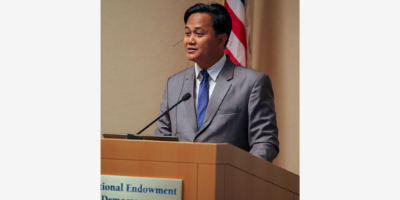
Civil Society’s Perspective
How can South Korea’s civil society best share experiences and lessons learned with neighboring countries? Ichal Supriadi of the Asia Democracy Network outlines a number of ways civil society can build regional unity and develop working partnerships.
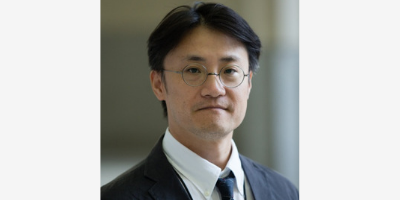
The Korean Wave of Democracy
How can South Korea become a more robust leader to defend and promote democracy in the Asia region and beyond? Professor Taekyoon Kim highlights a number of opportunities for Korea to further develop its position to be a democratic leader in the region.
Watch—South Korea: Inspiration for Democracy in Asia
Watch the full event here.
Watch Here
“Reviving Democratic Commitments: Strengthening Citizenship and Institutions”
Seoul, South Korea | September 13, 2018
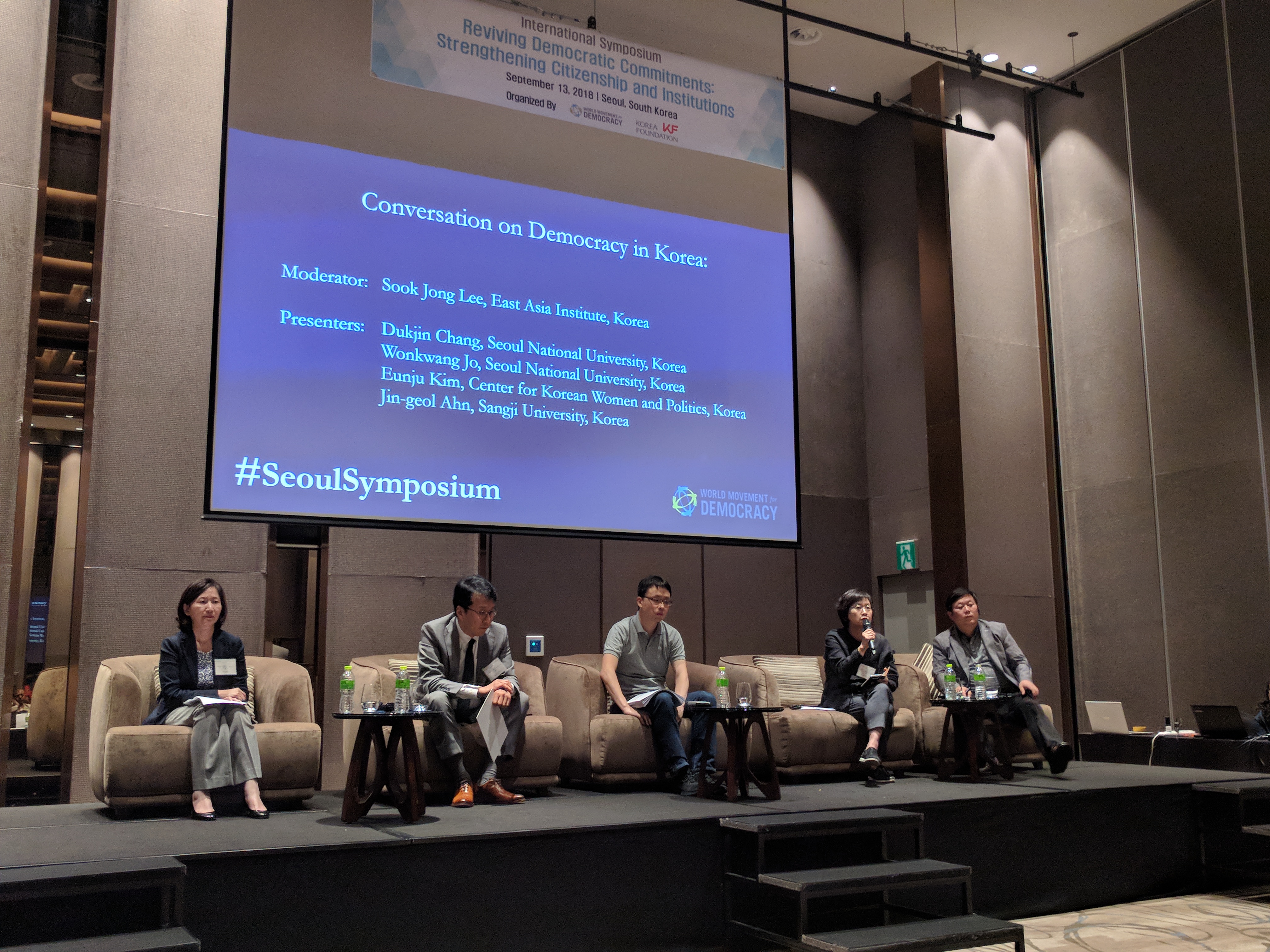 Throughout history, citizens’ movements have birthed democratic transitions, shepherded governance reforms, and bolstered democratic consolidation. However, the varying degrees of success that different movements have achieved illustrate the challenges facing democracy movements around the world. At an event entitled “Reviving Democratic Commitments: Strengthening Citizenship and Institutions,” the World Movement brought together leaders from around the world to explore strategies, challenges, and opportunities citizens’ movements encounter as they seek to consolidate and invigorate democracy worldwide.
Throughout history, citizens’ movements have birthed democratic transitions, shepherded governance reforms, and bolstered democratic consolidation. However, the varying degrees of success that different movements have achieved illustrate the challenges facing democracy movements around the world. At an event entitled “Reviving Democratic Commitments: Strengthening Citizenship and Institutions,” the World Movement brought together leaders from around the world to explore strategies, challenges, and opportunities citizens’ movements encounter as they seek to consolidate and invigorate democracy worldwide.
Following the symposium, participants engaged in workshops with select South Korean civil society leaders, university students, representatives of the Candlelight Movement, and Members of Parliament. The discussions focused on how to build public trust in political institutions through citizens’ movements and how to transform those public aspirations into tangible institutional reforms. At the conclusion of the symposium, leaders issued blogs reflecting on the experience of their own countries in undergoing popular movements. Read them below.
Featured Speaker Presentations

Keynote Address: Reforming Korea’s Democracy
The Candlelight Movement highlighted South Korea’s need for institutional reform and the resolve of the people to help drive that reform. In his keynote address, Hyug Baeg Im of Korea University highlights several reforms that would enable a more representative and participatory democracy.
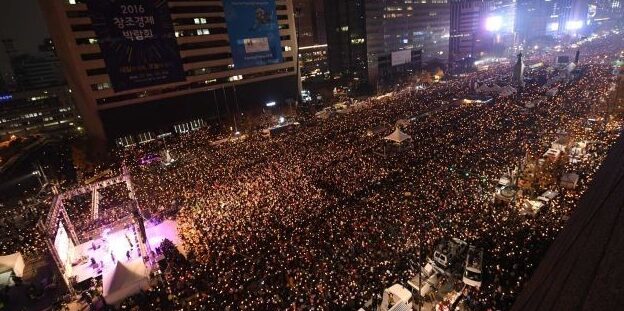
Women and the Candlelight Movement
The Candlelight Movement ultimately resulted in the impeachment of President Park Geun-hye, South Korea’s first female president. In her presentation, Kim Eun-Ju of the Center for Korean Women and Politics unpacks the misogynistic messages espoused by some Candlelight Citizens and demonstrates the effect of these messages on women’s participation in politics today.
“Transitioning from a Peoples’ Movement to Democratic Consolidation”
Dakar, Senegal | May 7, 2018
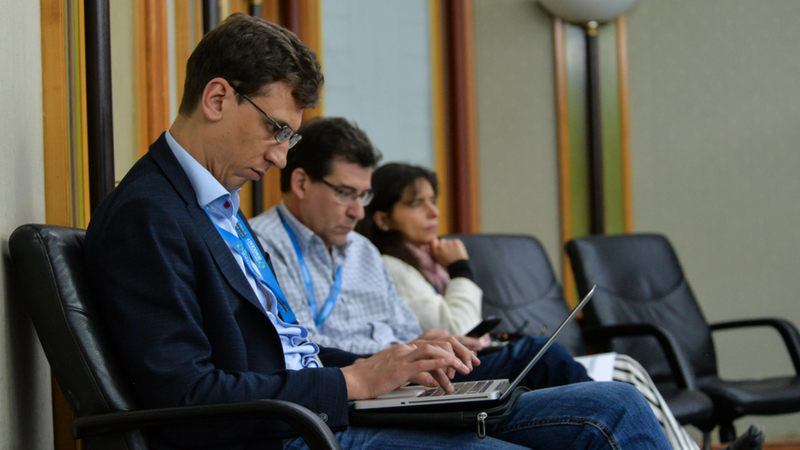 Peoples’ movements have often triggered democratic transitions, shepherding governance reform, and bolstering democratic consolidation. However, the varying degrees of success of different movements illustrates that long-term change is much harder to achieve. Workshop participants at the World Movement’s Ninth Global Assembly recognized that these movements serve as critical entry points for civil society organizations to engage everyday citizens. To take advantage of this opportunity, CSOs must build out a strategy for reforming democratic institutions and maintaining civic engagement, they argued.
Peoples’ movements have often triggered democratic transitions, shepherding governance reform, and bolstering democratic consolidation. However, the varying degrees of success of different movements illustrates that long-term change is much harder to achieve. Workshop participants at the World Movement’s Ninth Global Assembly recognized that these movements serve as critical entry points for civil society organizations to engage everyday citizens. To take advantage of this opportunity, CSOs must build out a strategy for reforming democratic institutions and maintaining civic engagement, they argued.
Read more about the discussion in our interactive Ninth Global Assembly report (page 13).

